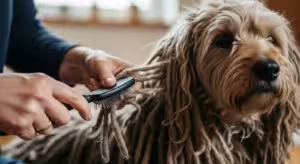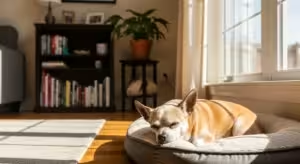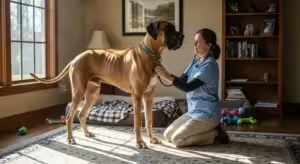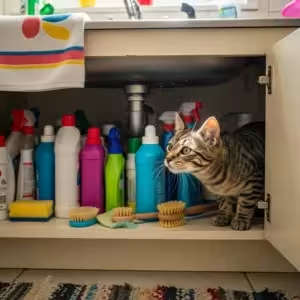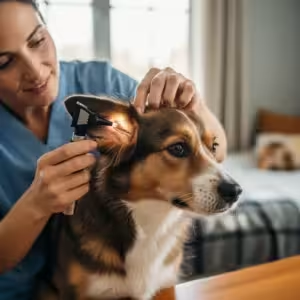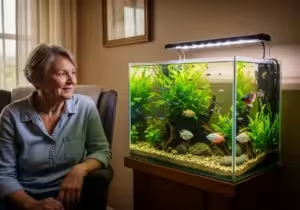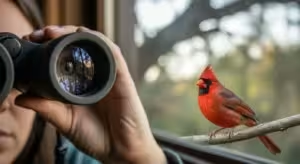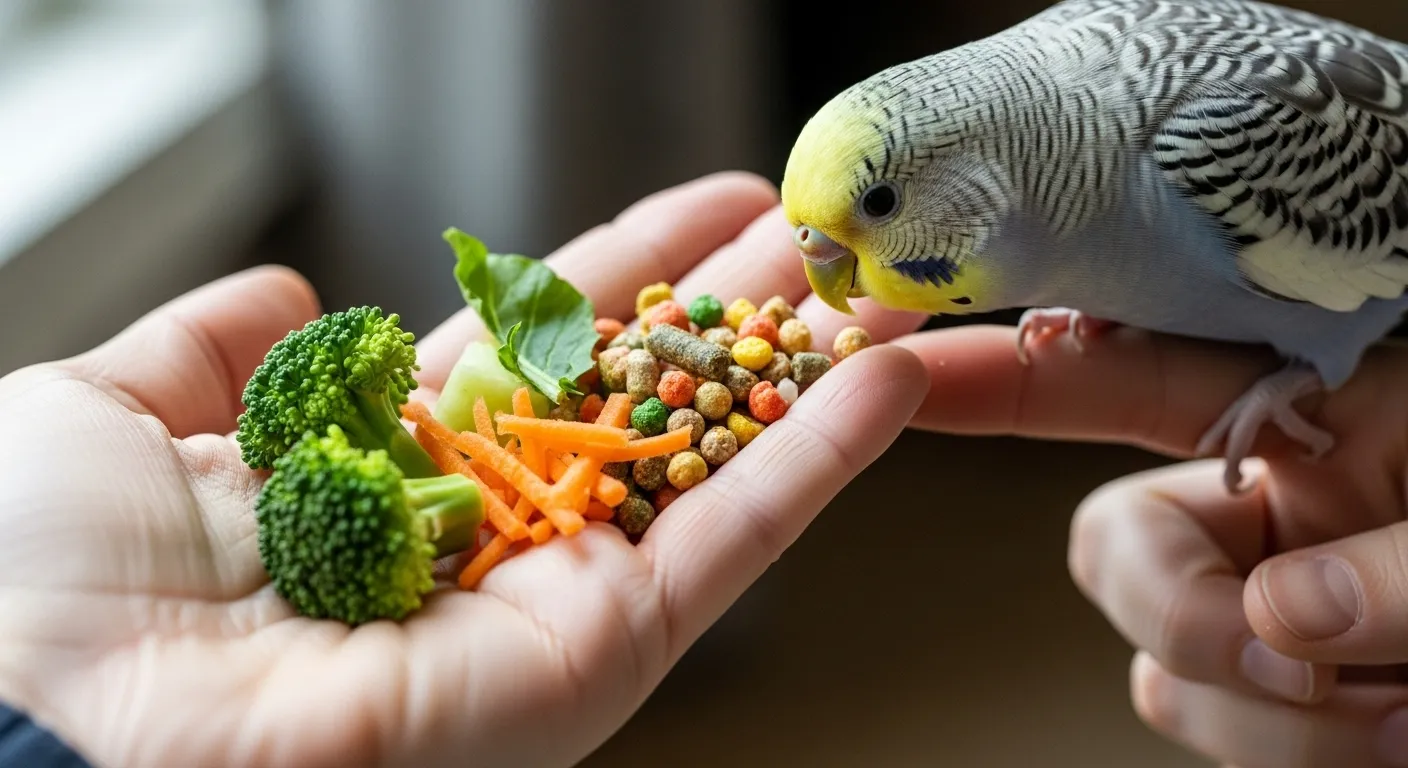
Frequently Asked Questions (FAQs) About Pet Bird Care
What do you need to own a pet bird?
At a minimum, prospective owners need a budget for significant upfront and ongoing costs. This includes a large, safe cage, a variety of perches and toys, a consistent supply of high-quality pellet food and fresh vegetables, and funds for routine and emergency avian veterinary care. Beyond tangible items, you need time. All pet birds, even finches, require daily care for feeding, cleaning, and health monitoring. Parrot species require several hours of direct social interaction and supervised out-of-cage time each day.
How do I bird-proof my home?
Bird-proofing is essential for safe out-of-cage time. Start by ensuring all windows and doors are closed. Cover windows and mirrors to prevent collisions. Turn off all ceiling fans and secure any loose electrical cords. Remove all potentially toxic houseplants; the ASPCA Animal Poison Control has comprehensive lists. In the kitchen, be aware that non-stick cookware (PTFE coatings) can release fumes lethal to birds when overheated. In the bathroom, always keep the toilet lid down. Finally, ensure there are no other pets like cats or dogs in the room that could harm the bird.
Can I keep just one bird?
For most parrot species like budgies, cockatiels, lovebirds, and parrotlets, you can absolutely keep a single bird. However, if you do, you must be prepared to become its flock. This means providing a huge amount of social interaction, training, and companionship every single day. A single bird that is frequently left alone will likely develop severe behavioral problems. Finches are a notable exception; they are highly social with their own kind and should always be kept with at least one other finch for their well-being.
What are the signs my bird is sick?
Birds instinctively hide illness to avoid showing weakness to predators. This means that by the time a bird looks obviously sick, it may be critically ill. You must be vigilant for subtle changes. Urgent signs that warrant an immediate veterinary visit include: sitting fluffed up on the bottom of the cage, any change in the color or consistency of their droppings, loss of appetite or refusal to drink, discharge from the eyes or nostrils (nares), tail-bobbing or labored breathing, and general lethargy or weakness. When in doubt, always contact your avian vet.



